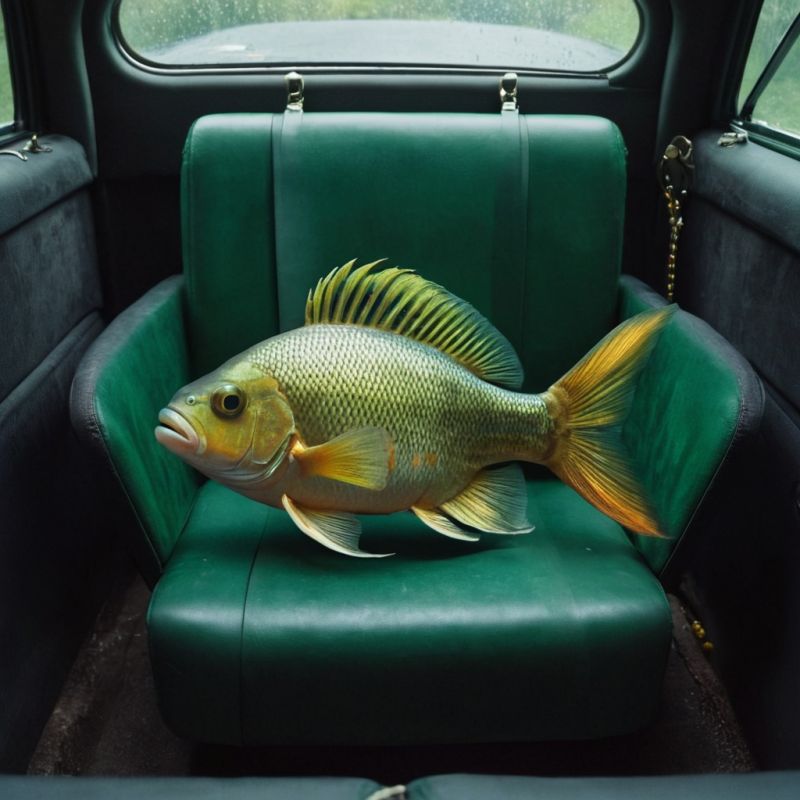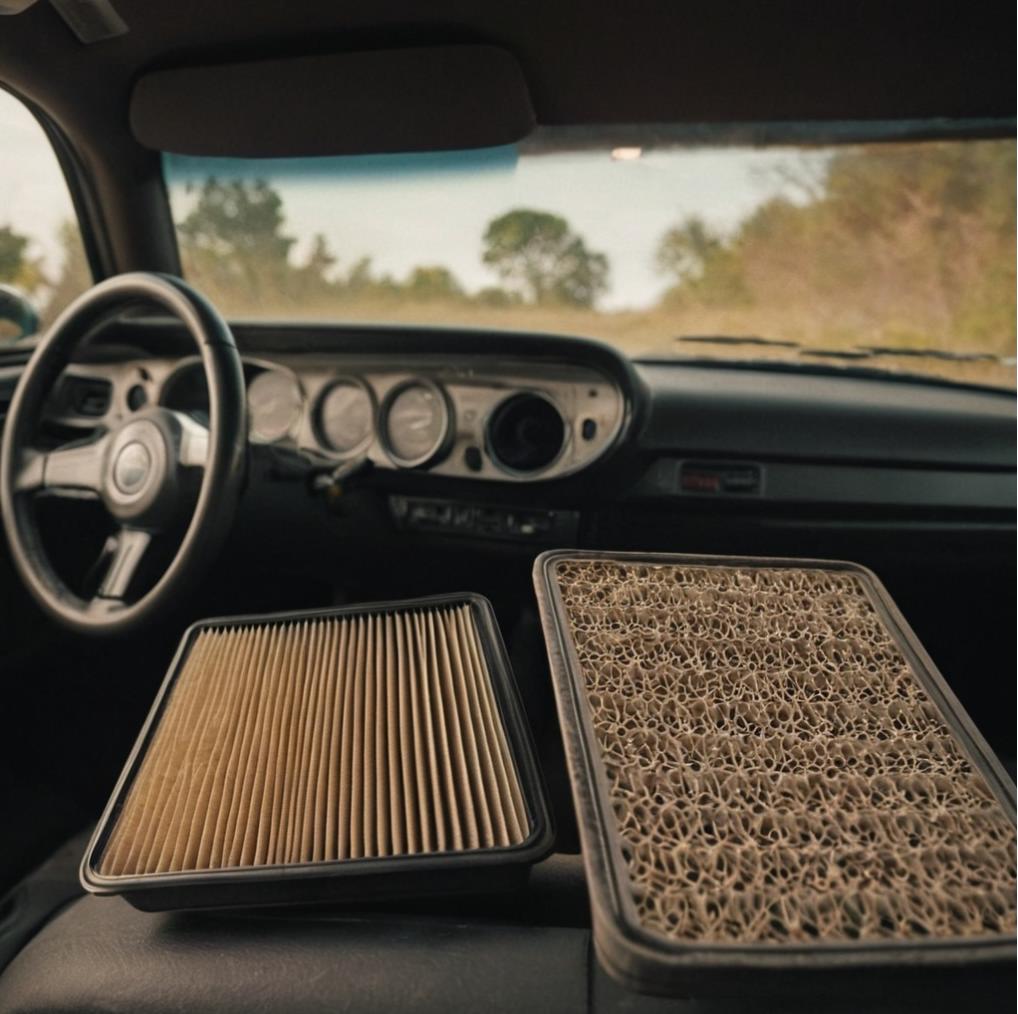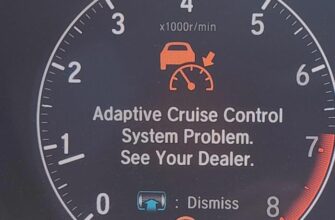Have you ever opened your car door and been hit with an unmistakable fishy odor? It’s not exactly the fresh scent you want greeting you on your morning commute or weekend road trip. But don’t worry, this is a common issue many drivers face, and we’re here to help you get to the bottom of it!

In this in-depth guide, we’ll dive into the various reasons why your car might smell like fish, and more importantly, what you can do to eliminate that unpleasant aroma. We’ll cover everything from simple spills to more complex mechanical issues, so you can get back to enjoying a fresh, odor-free ride.
So roll down the windows, take a deep breath, and let’s get started!
The Fishy Culprits: What Causes That Smell?
Before we can tackle the smelly situation, we need to understand where that funky fish odor is coming from. Here are some of the most common culprits:
1. Spilled Food or Drinks
Let’s start with the obvious one – if you or a passenger recently spilled fish, seafood, or even a fishy beverage in your car, chances are that’s the source of the smell. Food spills can be tricky to clean up entirely, and even the smallest remnants can create a lingering odor.

“I once accidentally knocked over a to-go container of salmon on my passenger seat. No matter how much I cleaned, that fishy smell just wouldn’t go away!” – Jessica, avid road-tripper
2. Mold or Mildew Growth
Moisture is the enemy when it comes to keeping your car smelling fresh. If you live in a humid climate or have experienced water leaks or spills inside your vehicle, mold and mildew can start to grow – and they often have a distinct fishy odor.
Common culprits for moisture buildup include:
- Wet carpets or upholstery
- Condensation buildup
- Leaky sunroofs or windows
- Clogged drainage holes (more on this later!)
3. Dirty or Clogged Air Filters
Your car’s cabin air filter is responsible for trapping dust, pollen, and other airborne particles before they enter the interior. But when this filter gets too dirty or clogged, it can start circulating unpleasant odors – including that dreaded fishy smell.
| Air Filter Condition | Potential Odor Issues |
|---|---|
| Clean | No odor problems |
| Moderately dirty | Musty or stale smells |
| Extremely dirty | Fishy, rotten odors |

4. Clogged Drainage Holes
Most cars have small drainage holes in the floor or under the hood to allow water to drain out after rain or car washes. But if these holes get clogged with dirt, leaves, or other debris, water can accumulate and create the perfect breeding ground for mold, mildew, and yes, fishy smells.
5. Coolant Leaks
If you notice a sweet, syrupy smell mixed with that fishy odor, it could be a sign of a coolant leak. Coolant can sometimes take on a fishy scent, especially if it’s been sitting for a while or has come into contact with other substances.
The most common place for coolant leaks is around the heater core, which can cause the smell to circulate through your car’s vents.
6. Old or Faulty Air Conditioning System
Speaking of vents, your car’s air conditioning system is another potential source of fishy fragrances. If the A/C hasn’t been used for a while, moisture can build up inside the system, allowing mold and mildew to grow.
When you turn the A/C back on, that musty, fishy smell can come blasting through the vents. Yuck!
Now that we’ve covered the potential causes, let’s move on to how you can get rid of that unwanted aroma and restore the fresh scent to your car.
Freshen Up: Eliminating Fishy Odors from Your Car
If you’re dealing with a fishy smell in your car, don’t worry – there are plenty of ways to tackle the issue and get your ride smelling fresh again. Here are some tried-and-true methods:
1. Deep Clean the Interior
The first step in banishing fishy odors is to give your car’s interior a thorough cleaning. This means vacuuming every nook and cranny, scrubbing down surfaces with a mild detergent or enzyme cleaner, and steam cleaning carpets and upholstery.
Be sure to pay extra attention to any areas where spills may have occurred or moisture has accumulated.
Pro Tip: For tough, set-in odors, try mixing baking soda and water into a paste and letting it sit on affected areas for a few hours before scrubbing and rinsing. The baking soda will help absorb and neutralize odors.
2. Replace the Cabin Air Filter
If your car’s cabin air filter is looking (and smelling) a little worse for wear, it’s time to swap it out for a fresh one. This simple maintenance task can make a world of difference in improving the air quality inside your car.
Most air filters should be replaced annually or every 12,000 to 15,000 miles, but check your owner’s manual for the recommended interval for your specific vehicle.
3. Clean and Clear Drainage Holes
To prevent future moisture buildup and mold growth, take some time to locate and clear any clogged drainage holes in your car. These are typically found in the floors, doors, and under the hood.
Use a thin wire or compressed air to dislodge any debris blocking the holes, allowing water to drain properly.
4. Inspect for Leaks and Repair as Needed
If you suspect a coolant leak or other fluid leak could be contributing to the fishy smell, it’s important to have your car inspected and repaired by a professional mechanic.
Leaks can not only cause unpleasant odors but can also lead to more serious (and expensive) issues if left unchecked.
5. Use Odor Eliminators
Sometimes, a deep cleaning and maintenance just isn’t enough to completely banish stubborn odors. In these cases, you may need to bring in some reinforcements in the form of odor eliminators.
Here are some effective options to try:
- Baking Soda: Sprinkle some baking soda on carpets and upholstery, let it sit for a few hours, and then vacuum it up. Baking soda is a natural odor absorber and can help neutralize unpleasant smells.
- Activated Charcoal Bags: These handy little bags contain activated charcoal, which is highly porous and can trap odor molecules. Place a few around your car’s interior and replace them every few months.
- Enzyme Cleaners: Look for enzyme-based cleaners specifically designed to break down and eliminate odors at the molecular level.
- Ozone Generators: An ozone generator can be used to treat your car’s interior with ozone, which is a powerful oxidizing agent that can neutralize even the toughest odors. However, ozone generators should only be used by professionals, as ozone can be harmful if used improperly.
With a little elbow grease and the right tools, you’ll be able to kick that fishy smell to the curb and enjoy a fresh, odor-free ride once again.
Key Takeaways: Your Anti-Fishy Smell Cheat Sheet
Before we dive into our FAQ section, let’s quickly recap the key points for eliminating fishy odors from your car:
- Identify the source: spilled food, mold/mildew growth, dirty air filters, clogged drainage holes, coolant leaks, or faulty A/C systems
- Deep clean the interior, including scrubbing surfaces, steam cleaning carpets/upholstery, and using odor-eliminating products

- Replace the cabin air filter
- Clear any clogged drainage holes
- Inspect for and repair any leaks
- Use odor absorbers like baking soda, activated charcoal, or enzyme cleaners for persistent smells
By following these steps, you’ll be well on your way to a fresh-smelling car that doesn’t have you holding your nose every time you get behind the wheel.
FAQs: Your Burning Fishy Smell Questions Answered
Still have some lingering questions about dealing with fishy odors in your car? We’ve got you covered with these frequently asked queries:
1. Can a fishy smell in my car be a sign of a more serious problem?
In some cases, yes – a persistent fishy odor could be an indication of a coolant leak, electrical issue, or other mechanical problem that should be addressed by a professional mechanic. If the smell persists despite your best cleaning efforts, it’s a good idea to have your car inspected.
2. How can I prevent mold and mildew growth in my car?
Keeping your car’s interior dry is key to preventing mold and mildew growth. Park in the shade when possible, use floor mats to catch moisture, and run the A/C or open the windows periodically to reduce humidity levels. Promptly cleaning up any spills or leaks is also crucial.
3. Is it safe to use ozone generators or other strong odor-eliminating products in my car?
While ozone generators and some industrial-strength odor eliminators can be effective, they should be used with caution and proper ventilation. Ozone can be harmful if inhaled, and some products may contain harsh chemicals that could damage your car’s interior surfaces. It’s generally best to stick with milder, natural options like baking soda or activated charcoal unless used by a professional.
4. How often should I replace my cabin air filter?
Most manufacturers recommend replacing your cabin air filter annually or every 12,000 to 15,000 miles, but check your owner’s manual for the specific recommendation for your vehicle.
5. Can leaving food or drinks in my car cause a fishy smell?
Absolutely! Even non-fishy foods can start to smell funky if left in a hot car for too long. Be sure to remove any leftover snacks, drinks, or takeout containers from your vehicle to prevent odors from developing.
6. Is it possible for a fishy smell to come from my car’s exterior?
While less common, it is possible for a fishy odor to originate from the outside of your car. Potential sources include bird droppings, road kill, or even certain types of tree sap or plant matter stuck to the undercarriage or wheel wells. Giving your car’s exterior a thorough cleaning may help resolve the issue.
7. Can a fishy smell in my car be harmful to my health?
In most cases, a fishy odor in your car is simply unpleasant and not necessarily harmful to your health. However, if the smell is accompanied by other symptoms like headaches, nausea, or respiratory issues, it could be a sign of a more serious problem like a coolant leak or mold growth that should be addressed promptly.
8. How long does it typically take for a fishy smell to dissipate after cleaning?
The time it takes for a fishy odor to fully dissipate after cleaning can vary depending on the severity of the issue and the methods used. In some cases, the smell may linger for a few days or even weeks, especially if it was caused by a more deep-seated issue like mold growth or a leak. Be patient and continue using odor-eliminating products as needed until the smell is gone.
9. Can I use air fresheners to mask a fishy smell in my car?
While air fresheners can temporarily cover up unpleasant odors, they don’t address the root cause of the issue. It’s best to thoroughly clean and eliminate the source of the fishy smell first, rather than simply masking it with fragrance.
10. Should I be concerned if the fishy smell comes and goes?
If the fishy odor in your car seems to come and go or is more noticeable under certain conditions (like when the A/C is running or after it rains), it could be a sign of an intermittent issue like a small leak or moisture buildup. Even if the smell isn’t constant, it’s still a good idea to investigate the cause and address it before it becomes a bigger problem.
The Bottom Line: Don’t Let Fishy Smells Ruin Your Ride
No one wants to be greeted by an unpleasant fishy odor every time they get behind the wheel. But with the right knowledge and a little elbow grease, you can easily tackle this common issue and restore the fresh, clean scent to your car’s interior.
Remember, identifying the source of the smell is key – whether it’s a spill, mold growth, dirty air filter, clogged drainage hole, coolant leak, or faulty A/C system. Once you’ve pinpointed the culprit, you can deep clean, replace filters, clear blockages, and use odor-eliminating products to banish that fishy funk for good.
And if all else fails, don’t hesitate to enlist the help of a professional mechanic, especially if you suspect a more serious mechanical issue at play.
With this comprehensive guide in your back pocket, you’re now armed with the tools and knowledge to keep your car smelling fresh and inviting, no matter where your adventures take you. Happy (and odor-free) driving!








